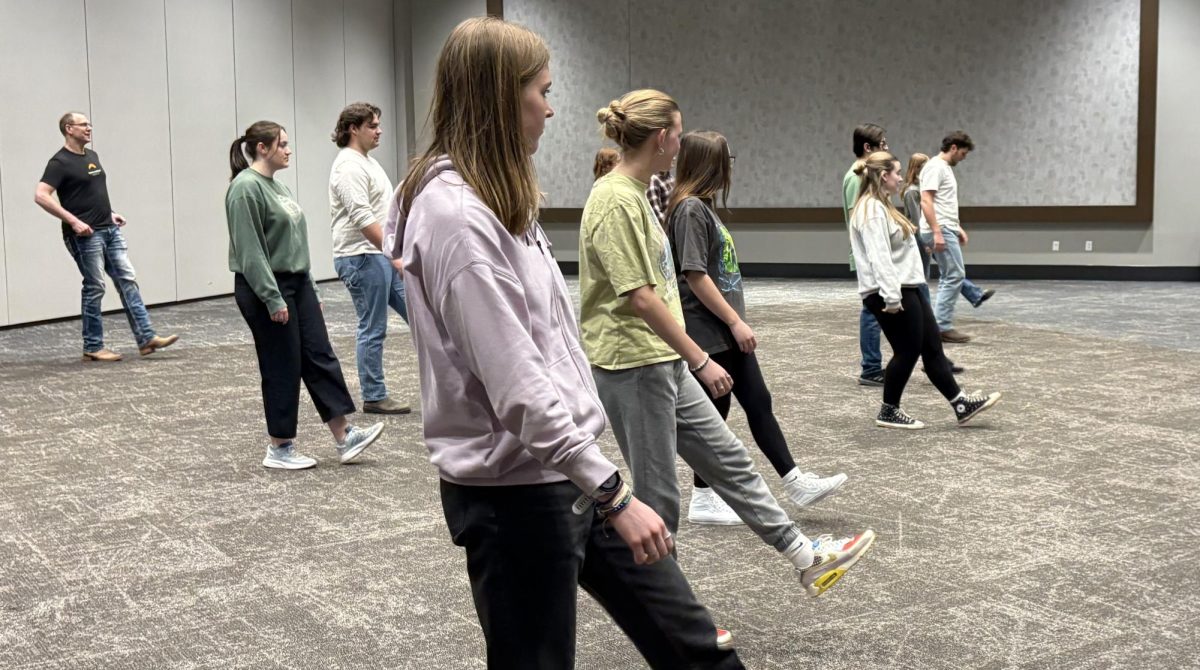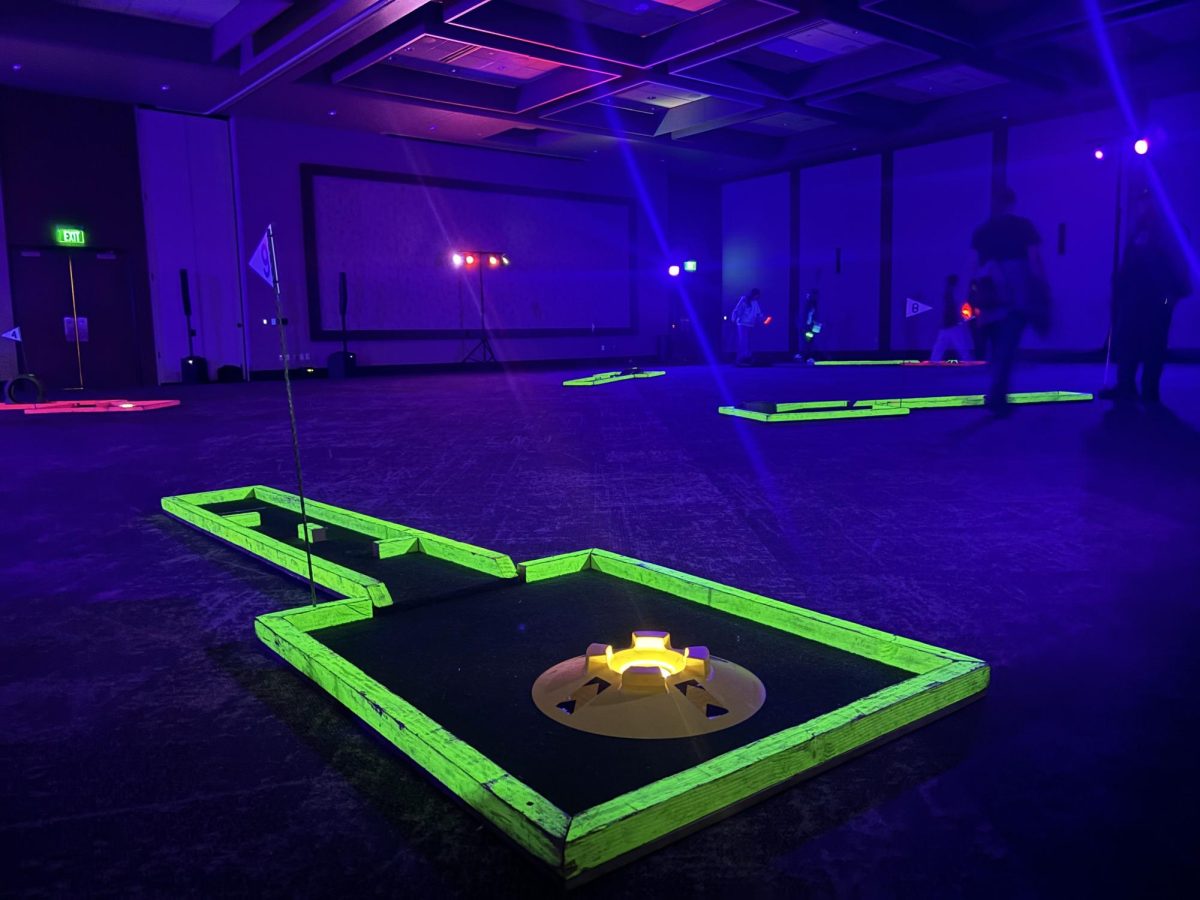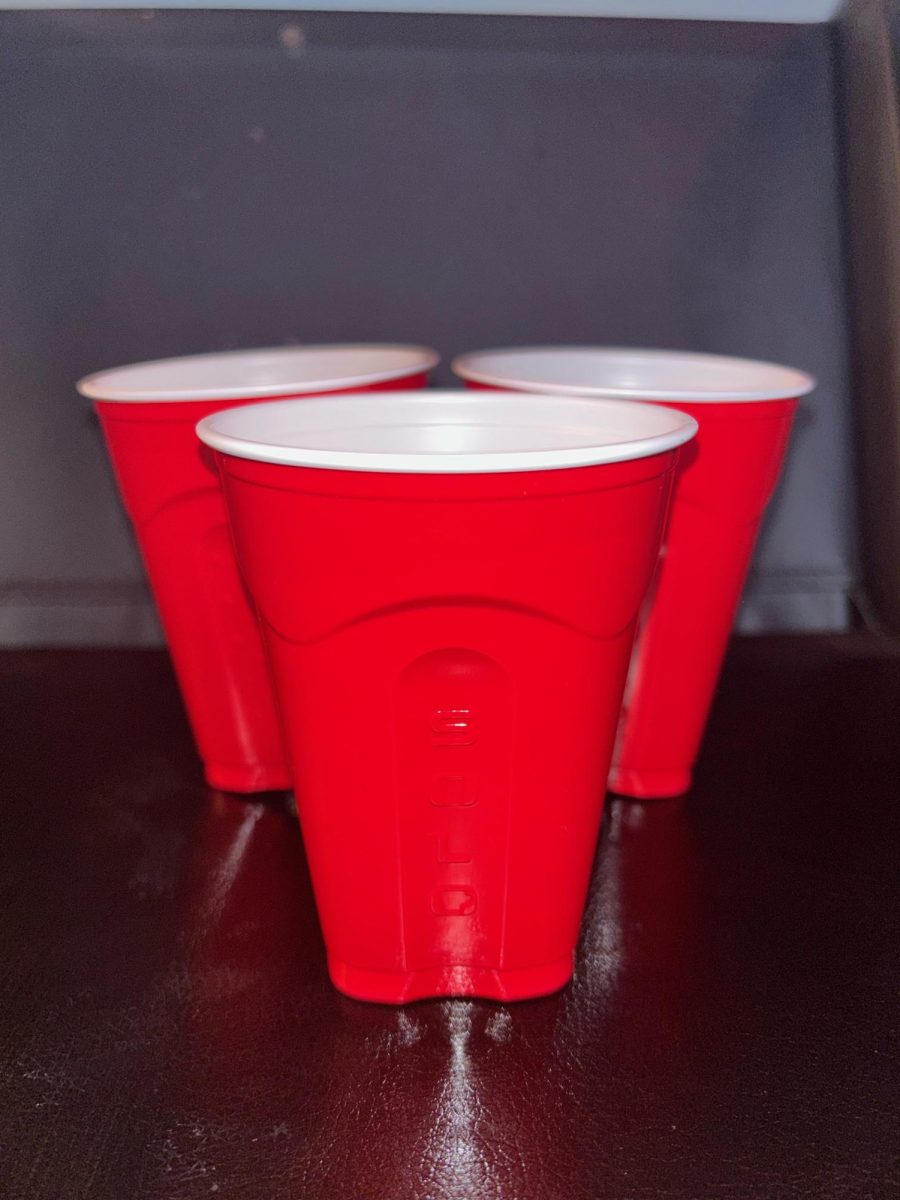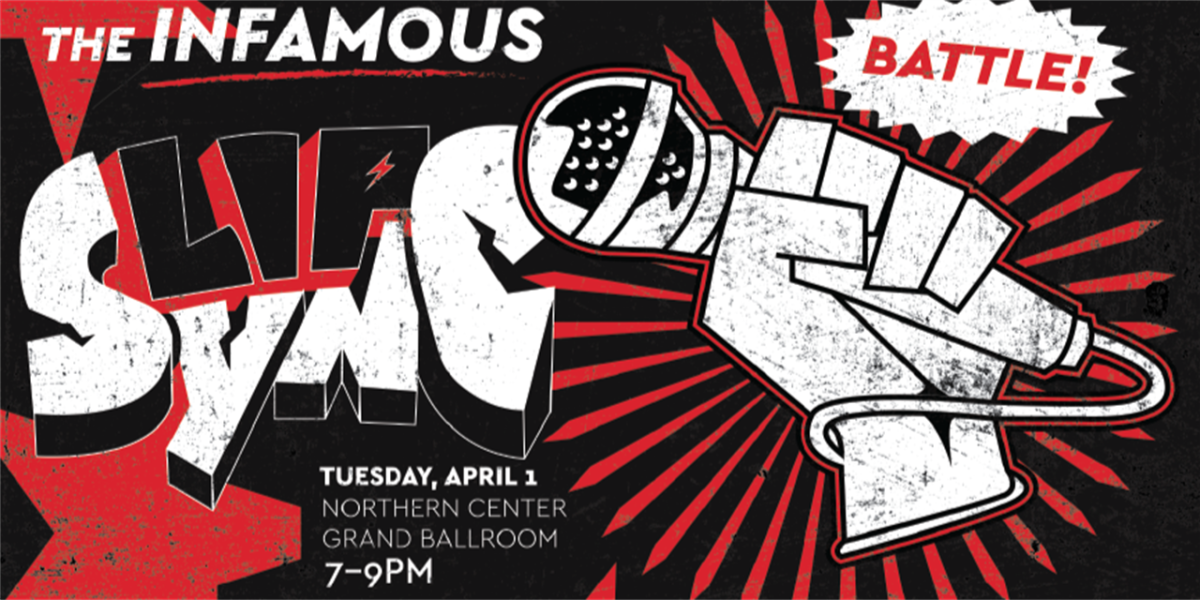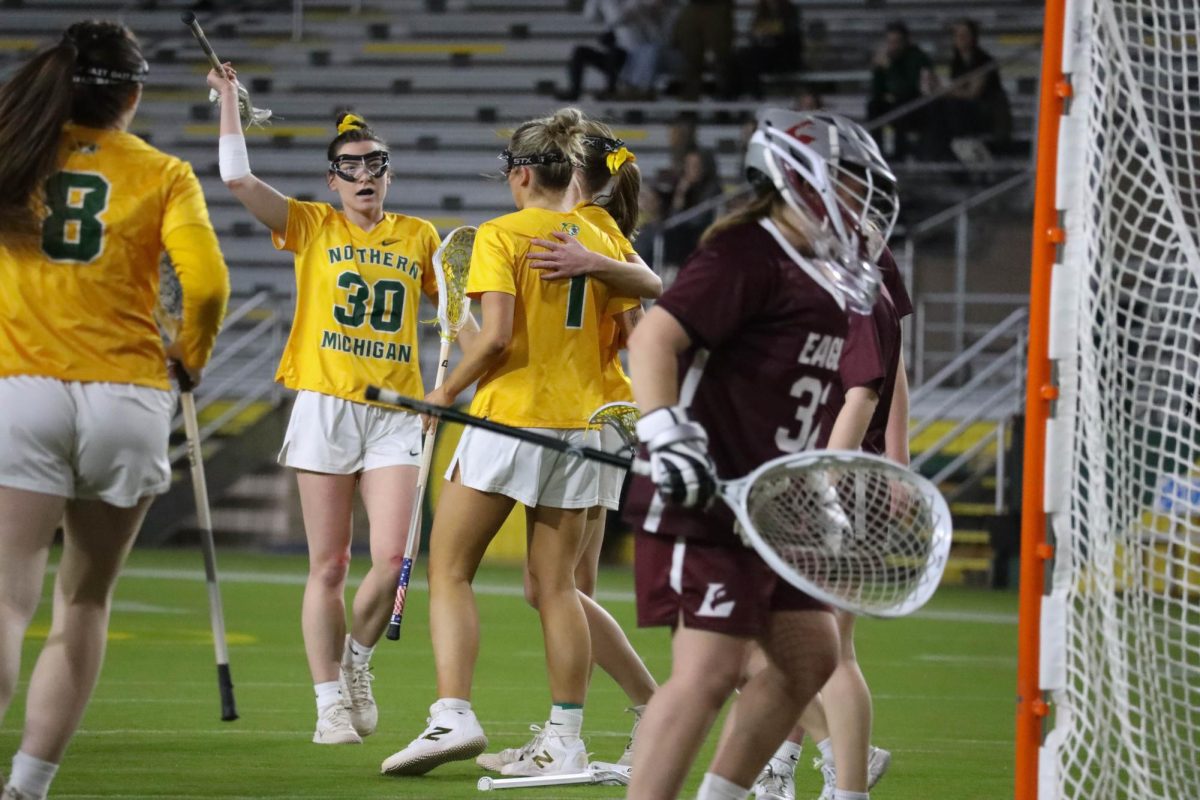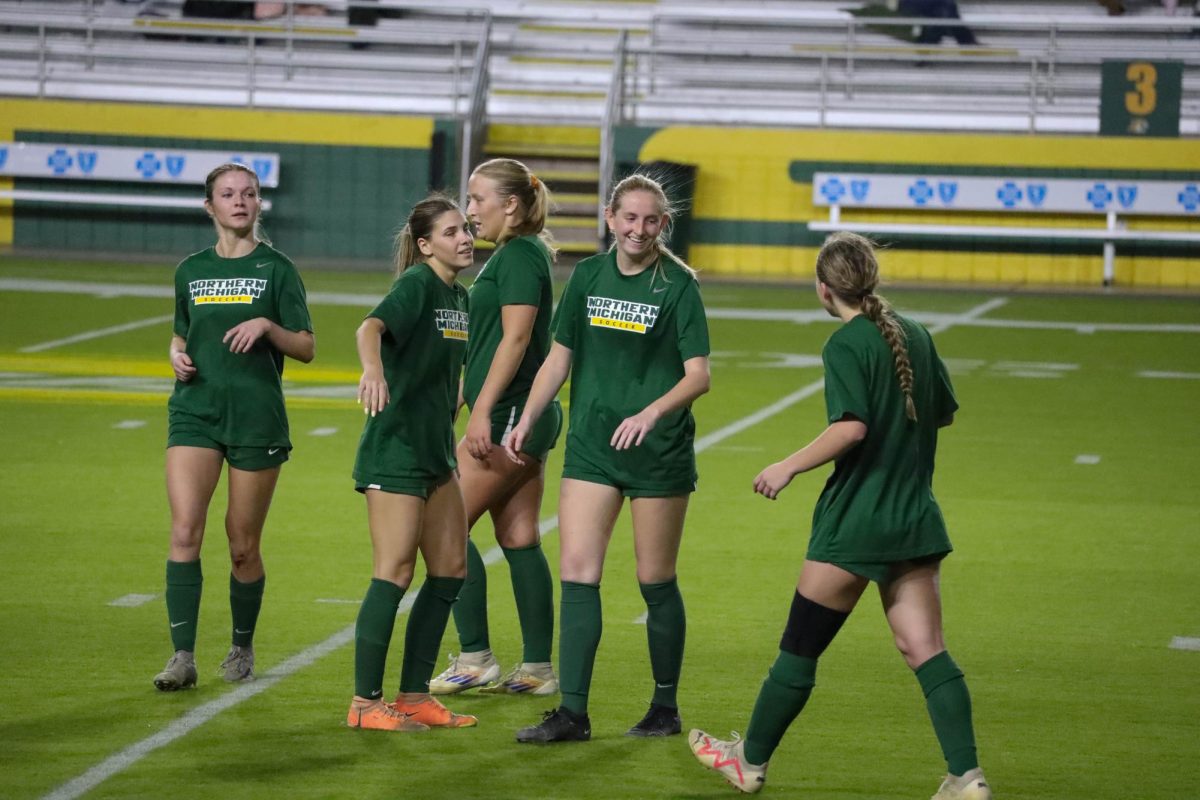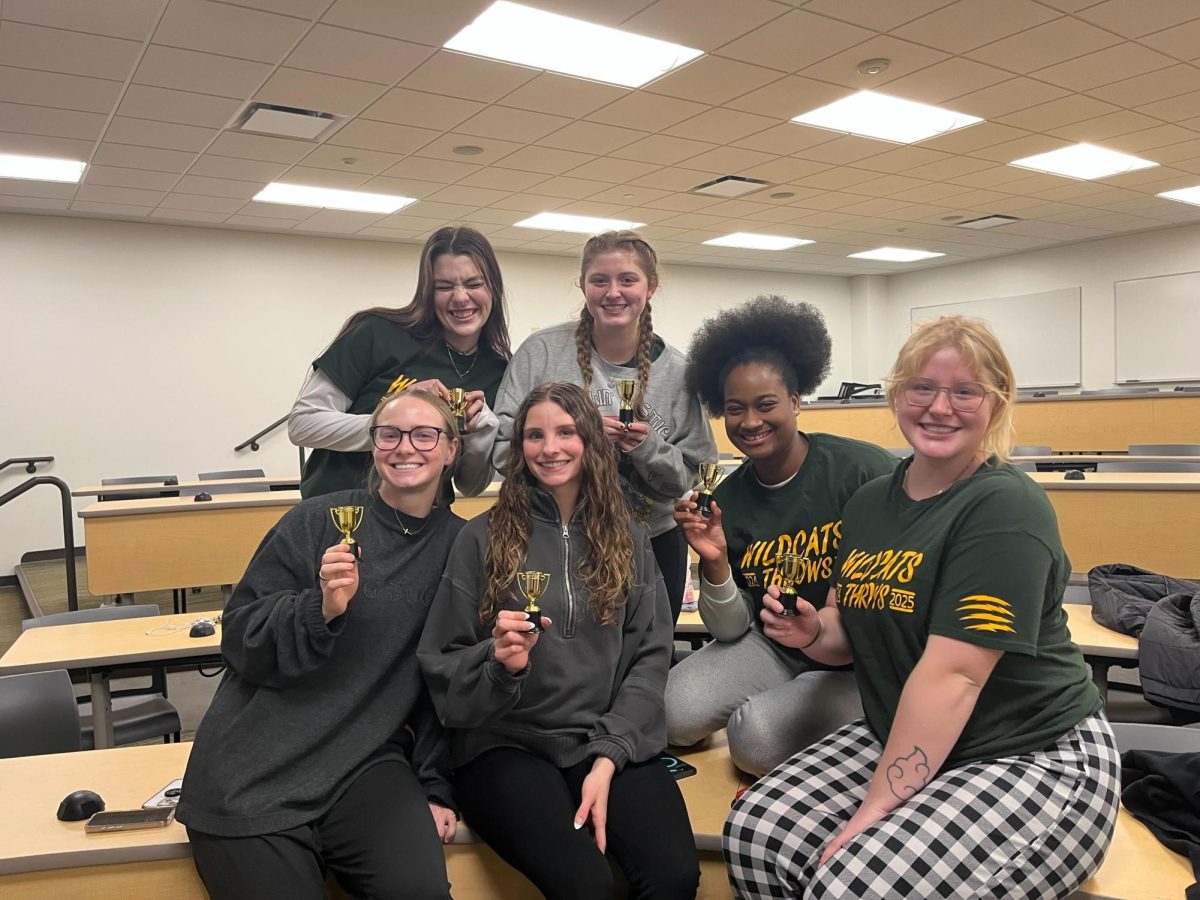Beginning Monday, July 7 to Saturday, Aug. 2, StoryCorps, a partner with National Public Radio, will be bringing their mobile tour airbus to Marquette to record conversations of personal stories and tales from Marquette and the Upper Peninsula.
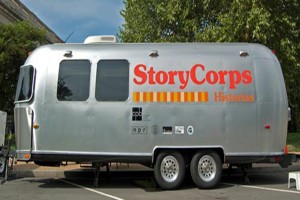
StoryCorps is an independent nonprofit whose mission is to provide people of all backgrounds and beliefs with the opportunity to record, share and preserve the stories of local lives. Through their 10 years of service they have recorded over 45,000 interviews and have had more than 90,000 participants.
Each conversation is recorded on a free CD to share and is stored at the American Folklife Center inside of the Library of Congress.
Instead of interviewing, StoryCorps holds two way conversations or in some cases allow for one person to individually tell their story.
According to www.storycorps.com, “We do this to remind one another of our shared humanity, strengthen and build the connections between people, teach the value of listening, and weave into the fabric of our culture the understanding that every life matters.
“In the coming years we will build StoryCorps into an enduring institution that will touch the lives of every American family.”
Clyde Gagnier, member of the Escanaba School Board, who has lived his entire life in the Upper Peninsula, said he plans to work and stay here. He said he finds record keeping to be very important, and because the area is so unique it deserves to have its history saved and shared.
“We have such a unique thing up here, something that nowhere else can seem to capture,” Gagnier said.
“To record the local history orally seems only the real way to get the true essence of a U.P. story across. We’ll be able to show off some of our Yooper pride and why we like to call this place home.”
According to their website this is not StoryCorps’ first trip to the Upper Peninsula. They came to Marquette once before, back in 2010 when the Peter White Public Library was awarded with one of 10 of the 2010 National Medal for Museum and Library Services. During their time here, they compiled three days worth of door to door interviews collecting local stories of memories of the library. They learned a lot about Yooper culture and even sampled pasties.
Business and Community Support Coordinator Leigh Barry
Support Coordinator Leigh Barry at WNMU Public Radio 90, which broadcasts from their location on NMU’s campus, said StoryCorps is trying to get at the heart and soul of the Upper Peninsula, that they have a wide thought on society and attempt to describe and tell what’s interesting about growing up, living or visiting the Upper Peninsula.
Barry said Marquette is probably the least populated and most isolated place StoryCorps has been to thus far and they’re hoping for a turnout of people who are a good representation of the region.
In their member newsletter from April, Barry said there is no “right” story for StoryCorps, there is just your story. Barry also said the effort to bring StoryCorps would not have been possible if it wasn’t for the generous support of Eagle Mine and the Ray and Peg Hirvonen Charitable Foundation.
Barry said in the member newsletter from April 2014 that StoryCorps takes the 40 minute conversations and makes little pieces out of them that air Friday mornings on NPR’s Morning Edition. Morning Edition is a nationally syndicated radio program, airing on over 1700 public radio stations across the United States.
Public Radio 90 will broadcast Morning Edition. They also will receive a copy of all the raw interviews in hopes to make a CD of their own. These recordings will be archived somewhere in Marquette as well, at an undisclosed location at this point.
“StoryCorps often uses ‘Listening is an act of love’ as a tagline,” Barry said. “As you listen to these stories, it becomes very apparent that is true.
“Often, I think the very act of sitting in the booth, on neutral ground, one is able to be more honest and candid. Perhaps we reveal things in a safe place that have stayed hidden or unsaid for a very long time. Whatever the reason, there is a lot of emotion in these pieces. I recommend a box of Kleenex and some time to spend listening.”
Sophomore history major Annika Peterson, who works for the NMU Archives and also writes her own blog, said the subtle cues of oral recordings are a more natural story, something that is much closer to the original.
“Oral histories allow us to preserve the past in a more intimate way than a written document,” Peterson said. “It’s always exciting when someone finds out a tape of their grandfather or some other relative is at the Archives and can hear their voice, sometimes for the first time.
“They allow us to catch the nuances of spoken language rather than the more rigid written forms of language.”
Barry said she encourages readers to go to www.storycorps.org/listen to truly understand the power and emotion behind these recordings. No disclosed recording locations yet exist; there are plans to have two or three spots around town in convenient locations.
For further information go to storycorps.org or call WNMU Public Radio 90 at (800) 227-9668.





